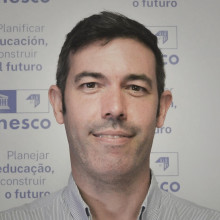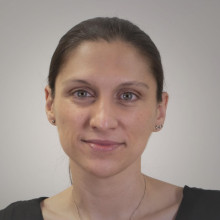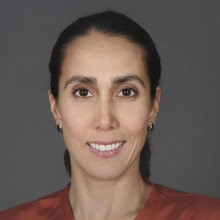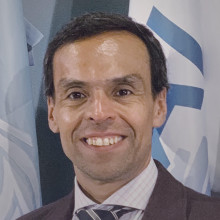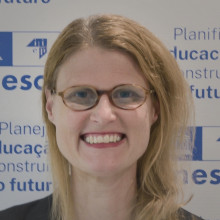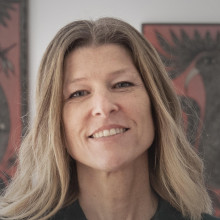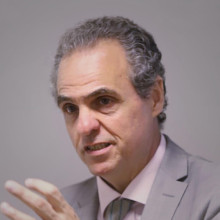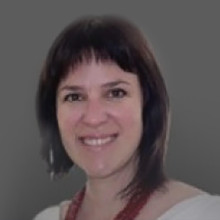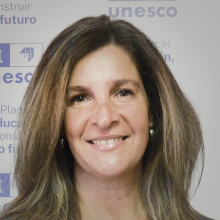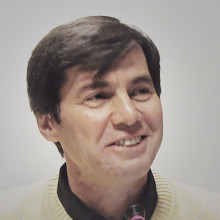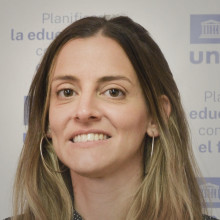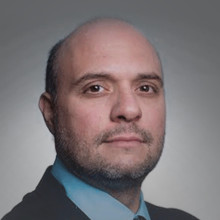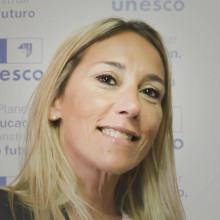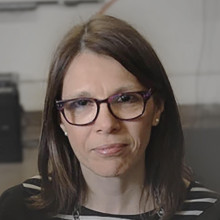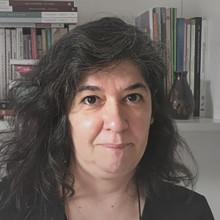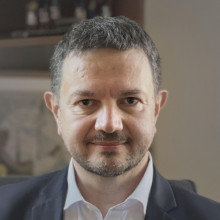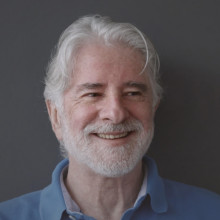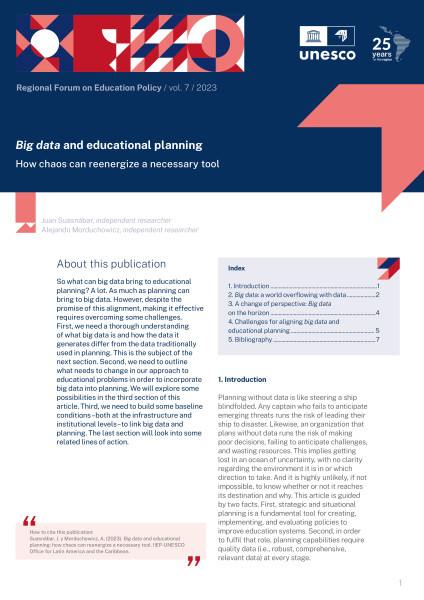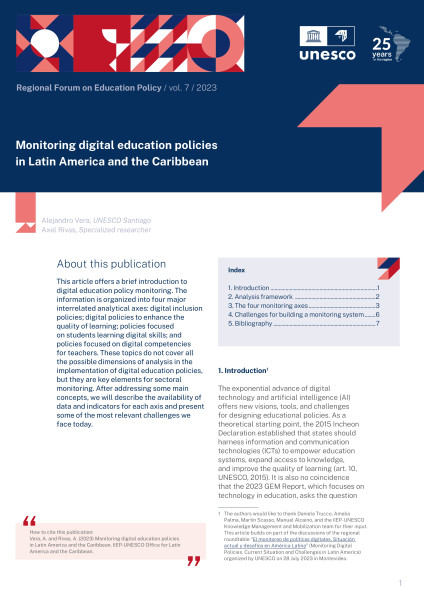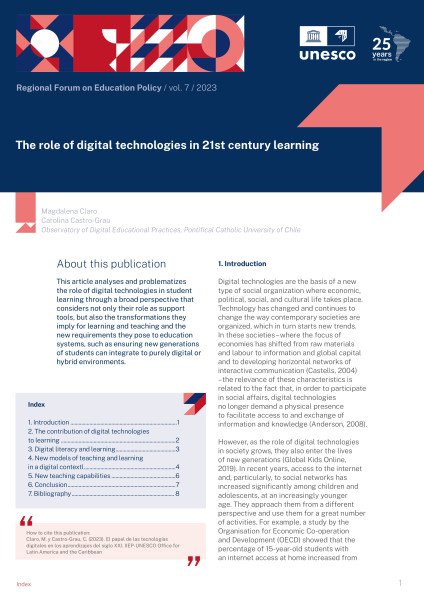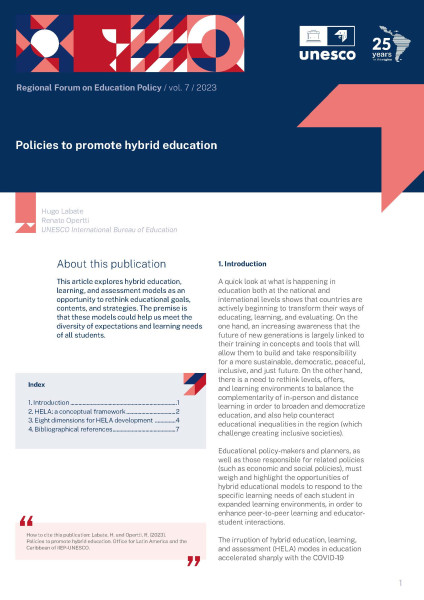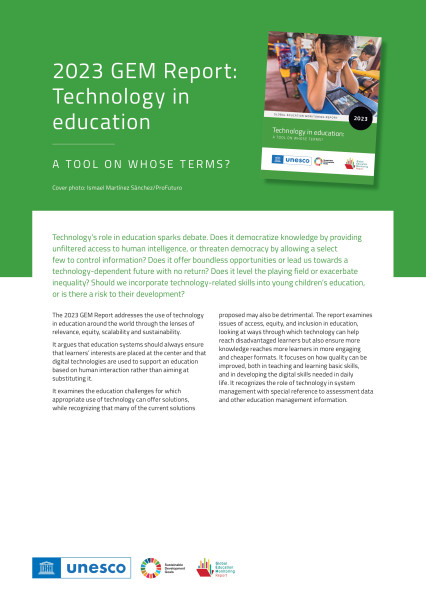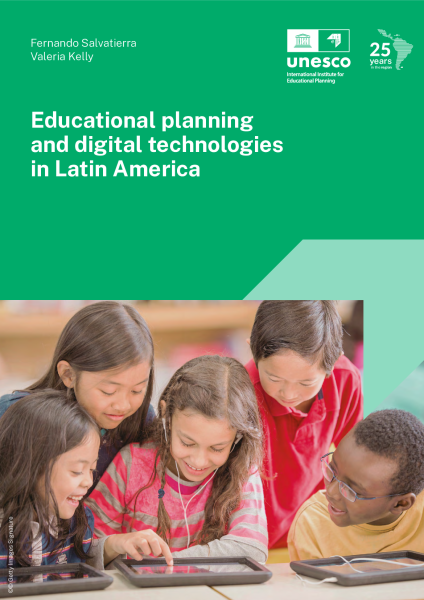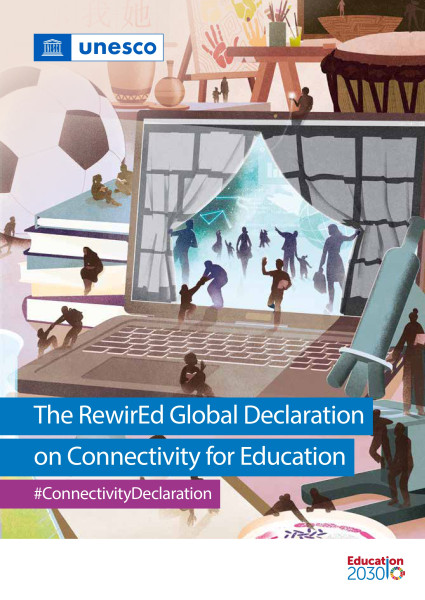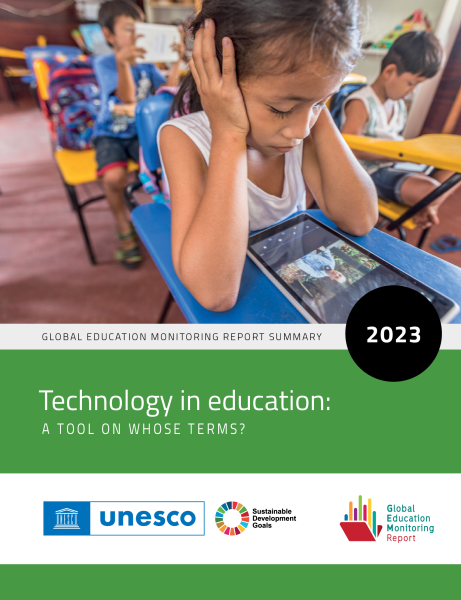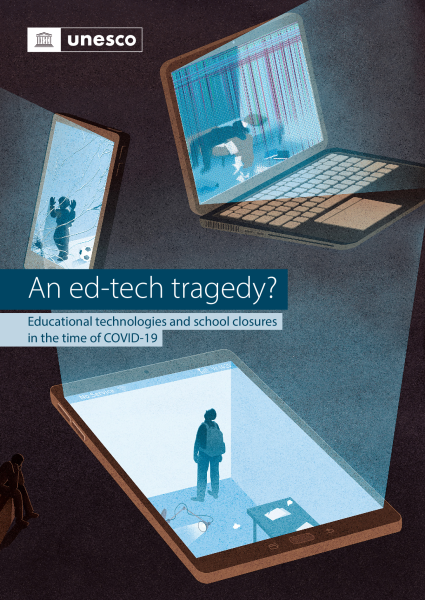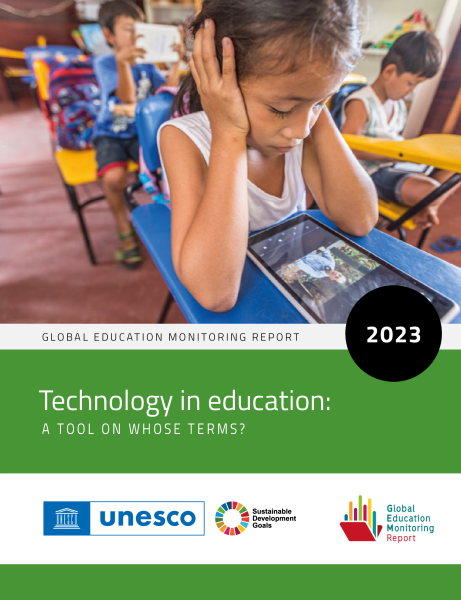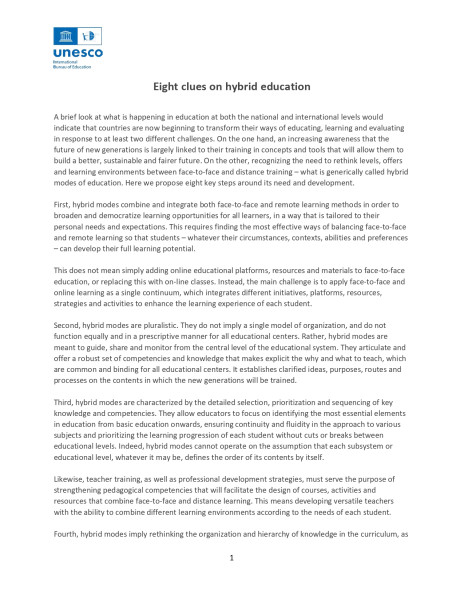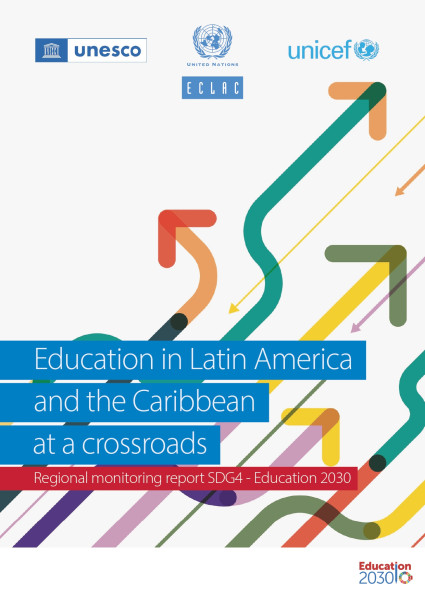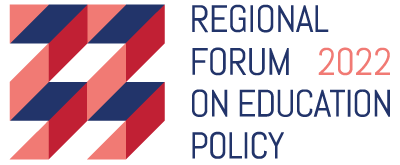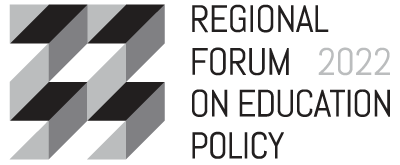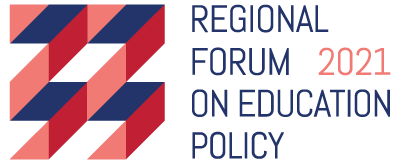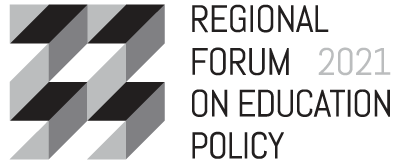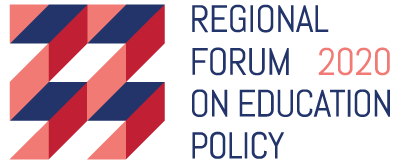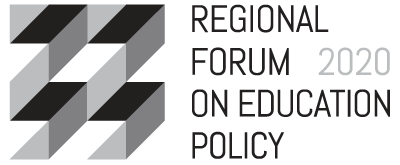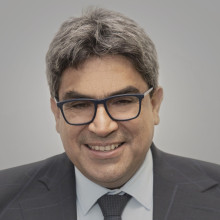
Martín Benavides
Martín Benavides
Is a Peruvian researcher who served as the Minister of Education in 2020. In 2022, he served as Director of the Observatory of Higher Education, and from 2018, he was a senior professor at the Pontifical Catholic University of Peru (Lima). Between 2018 and 2020, he served as Superintendent of the regulatory body of Peru's university system where he led the reform for improving the quality of higher education. Earlier in his career, Martín joined the Peruvian think tank Group for the Analysis of Development (GRADE), where he later became the Executive Director from 2008 to 2018. He has also been a visiting researcher at different US and French high-level academic institutions. He was appointed Director of IIEP in 2023 and provides strategic leadership to the Institute.
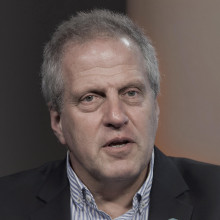
Jaime Perczyk
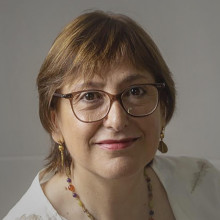
Claudia Uribe
Claudia Uribe
She holds a master’s in Education in Human Development and a PhD in Education in Administration, Planning, and Social Policy (Harvard Graduate School of Education, USA). She worked at the Inter-American Development Bank for more than a decade, where she led technical dialogues, loan operations, and technical cooperation programmes in education for several Latin American countries. She is currently the Director of the Regional Bureau for Education in Latin America and the Caribbean (OREALC/UNESCO Santiago), which leads, monitors, and provides technical support to countries in the region to advance towards achieving the Sustainable Development Goal 4.
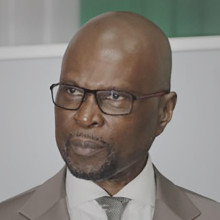
Yao Ydo
Yao Ydo
He holds a PhD in Linguistics and Didactics from the University of Grenoble (France), a postgraduate diploma in Diplomacy and Strategic Studies from the Centre for Diplomatic and Strategic Studies in Paris (France), and a Master’s degree in English from the University of Ouagadougou (Burkina Faso). He is currently the Director of the International Bureau of Education (IBE-UNESCO), a UNESCO institute specializing in curriculum issues. With over 24 years of experience in the United Nations system, he began his career at the UNESCO Headquarters, in Paris, in the Basic Education and Literacy Section in 1997 as an Associate Expert. In the following years, he also worked at the UNESCO Field Offices in Mali, Cameroon, Congo (DRC), and Senegal. In his various roles, he has gained experience in developing partnerships and mobilizing resources from development banks, the private sector, UN agencies, and Governments. Prior to joining the IBE, he served as the UNESCO Representative in Côte d'Ivoire and as Regional Director of the UNESCO Multisectoral Regional Office for West Africa in Abuja, Nigeria.
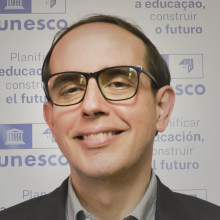
Pablo Cevallos Estarellas
Pablo Cevallos Estarellas
He holds a PhD in Pedagogy and a master's degree in Education and Critical Thinking (Montclair State University, New Jersey, USA, on a Fulbright-Laspau scholarship). He has worked as a Professor at the Universidad San Francisco de Quito (Ecuador), the Universidad Católica de Santiago de Guayaquil (Ecuador), the Latin American Faculty of Social Sciences (FLACSO Ecuador), the University of Barcelona (Spain), Marist College (USA), and Montclair State University (USA). He had a hierarchical role at the Ministry of Education of Ecuador (2007–2010) and he later served as Vice-Minister (2010–2013). He is currently Head of the UNESCO-IIEP Office for Latin America and the Caribbean. He has worked as a lecturer and an international consultant in educational projects in several Latin American countries. His research focuses on educational reforms in Latin America and initial teacher training. His work in education has also been related to philosophy, the didactics of writing, and critical thinking.
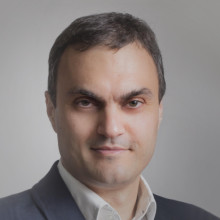
Manos Antoninis
Manos Antoninis
He holds a DPhil in Economics for a study of technical education and the labour market in Egypt, completed at the Centre for the Study of African Economies of the University of Oxford. He is the Director of the Global Education Monitoring (GEM) Report since 2017. He has recently published the GEM Report 2023 on Technology in Education “A tool on whose terms?”, which addresses the use of technology in education worldwide through the lenses of relevance, equity, scalability, and sustainability.
Prior to joining the team he worked for 10 years on public finance, monitoring and evaluation projects in education including: a public expenditure tracking and service delivery survey of secondary education provision in Bangladesh; the evaluation of a basic education project in the western provinces of China; the mid-term evaluation of the Education For All Fast Track Initiative; the annual reporting of progress in the implementation of the Second Primary Education Development Project in Bangladesh; a basic education capacity building programme in six states in Nigeria; the evaluation of an in-service, cluster-based teacher training programme in Pakistan; and the country study of the Out of School Children Global Initiative in Indonesia.
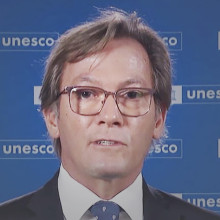
Sobhi Tawil
Sobhi Tawil
He holds a PhD in Education and Development Studies from the Graduate Institute of Development Studies at the University of Geneva (Switzerland), and a Master’s degree in Education and Development Studies from the same institution. Since January 2020, he has been working in the newly established Future of Learning and Innovation Team and has been instrumental in leading the Futures of Education initiative in the Education Sector. Recently, he has published a new book called "An Ed-Tech Tragedy?" about experiences with educational technologies during the COVID-19 pandemic and the implications for the future of learning.
From 1990 to 1995, he was Academic Director of “EP Programs”, an adult training centre in Geneva. From 1996 to 1998 he worked as Program Officer at the “Network for International Policies and Cooperation in Education and Training”(NORRAG). From 1999 to 2001, he headed the Exploring Humanitarian Law Project for the International Committee of the Red Cross in Geneva, where he coordinated the design of a global multimedia curriculum for adolescents on ethical issues relative to situations of armed conflict. From 1999 to 2002, he was associate researcher at the Graduate Institute for International and Development Studies (Geneva) and between 2011-2015 visiting lecturer at the University of Geneva, as well as the University of Bergamo. In 2002, he joined the UNESCO International Bureau of Education in Geneva (Switzerland) as Head of the Capacity Building Programme for Curriculum Development. Thereafter, he served as a Programme Specialist (P-4) in the UNESCO Office in Rabat (Morocco) from 2005 to 2010, before joining Headquarters. He has also published numerous scholarly articles, particularly in the field of global education policy, curriculum development, conflict and social cohesion, and global citizenship,and recently led the work on Rethinking Education.

